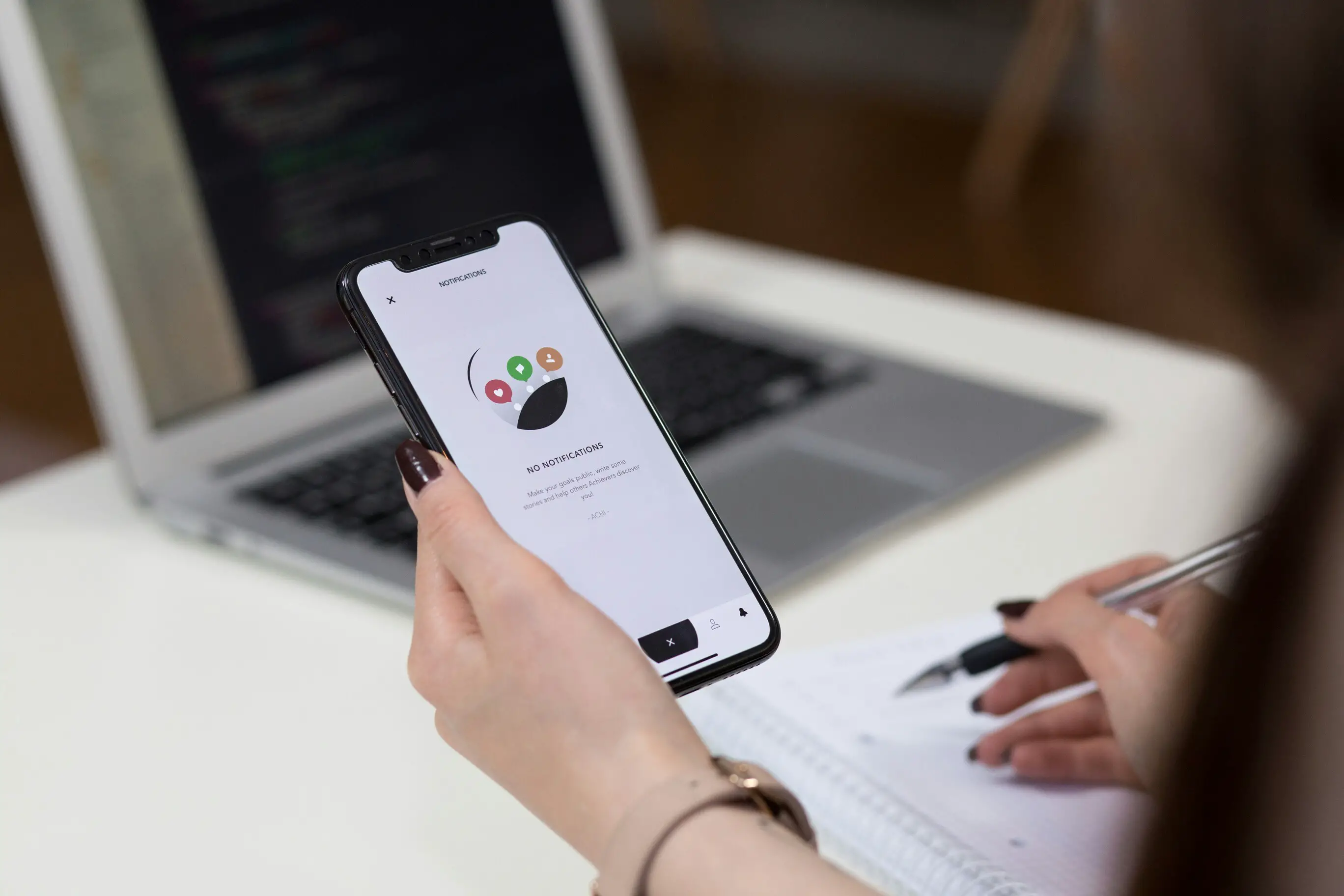
In the rapidly evolving landscape of mobile technology, where the demand for innovative and seamless user experiences is soaring, mobile application testing has emerged as a critical aspect of the development process. Mobile applications have become an integral part of our daily lives, powering everything from communication and entertainment to productivity and healthcare. Ensuring the reliability, functionality, and security of these applications is paramount, making mobile application testing an indispensable step in the development cycle.
Enhancing User Experience
Mobile applications are expected to deliver a smooth and intuitive user experience across various devices, screen sizes, and operating systems. Testing helps identify and rectify issues related to usability, navigation, and responsiveness, ensuring that users can interact with the app effortlessly. By addressing such concerns, developers can enhance user satisfaction and build a positive brand reputation.
Compatibility Across Devices and Platforms
The vast array of mobile devices and operating systems presents a unique challenge for developers. Ensuring that an application functions seamlessly on different devices and platforms requires thorough testing. Compatibility testing helps identify issues related to screen sizes, resolutions, hardware configurations, and operating system versions, ensuring that the application performs consistently across a diverse range of devices.
Performance Optimization
Mobile users demand fast and responsive applications. Performance testing assesses an application's speed, responsiveness, and stability under various conditions, such as different network strengths and varying levels of device resources. By optimizing performance, developers can prevent crashes, reduce load times, and create a more satisfying user experience.
Security and Data Protection
Mobile applications often handle sensitive user data, making security a top priority. Mobile application testing includes checks for vulnerabilities, encryption effectiveness, and secure data transmission. Identifying and addressing security concerns during the testing phase is crucial to protecting user data and maintaining the integrity of the application.
Bug Detection and Resolution
No software is immune to bugs, and mobile applications are no exception. Testing helps detect and eliminate bugs and glitches, preventing issues that could negatively impact user experience. Early detection of bugs reduces the likelihood of encountering critical issues post-launch, saving developers time and resources in the long run.
Regulatory Compliance
In various industries, mobile applications must comply with specific regulations and standards to ensure user privacy and data protection. Testing ensures that an application meets these compliance requirements, reducing legal risks and potential liabilities.
Cost Savings and Time Efficiency
Investing time and resources in thorough mobile application testing may seem like an upfront cost, but it ultimately leads to significant savings. Identifying and addressing issues during the development phase is more cost-effective than dealing with post-launch bug fixes, negative reviews, and potential user abandonment.
Conclusion
Mobile application testing is not just a formality but a crucial step in the mobile app development process. By addressing usability, compatibility, performance, security, and compliance concerns, developers can ensure that their applications meet user expectations and industry standards. In a competitive app market, where user experience is paramount, mobile application testing is the key to delivering reliable, high-quality, and successful mobile applications.